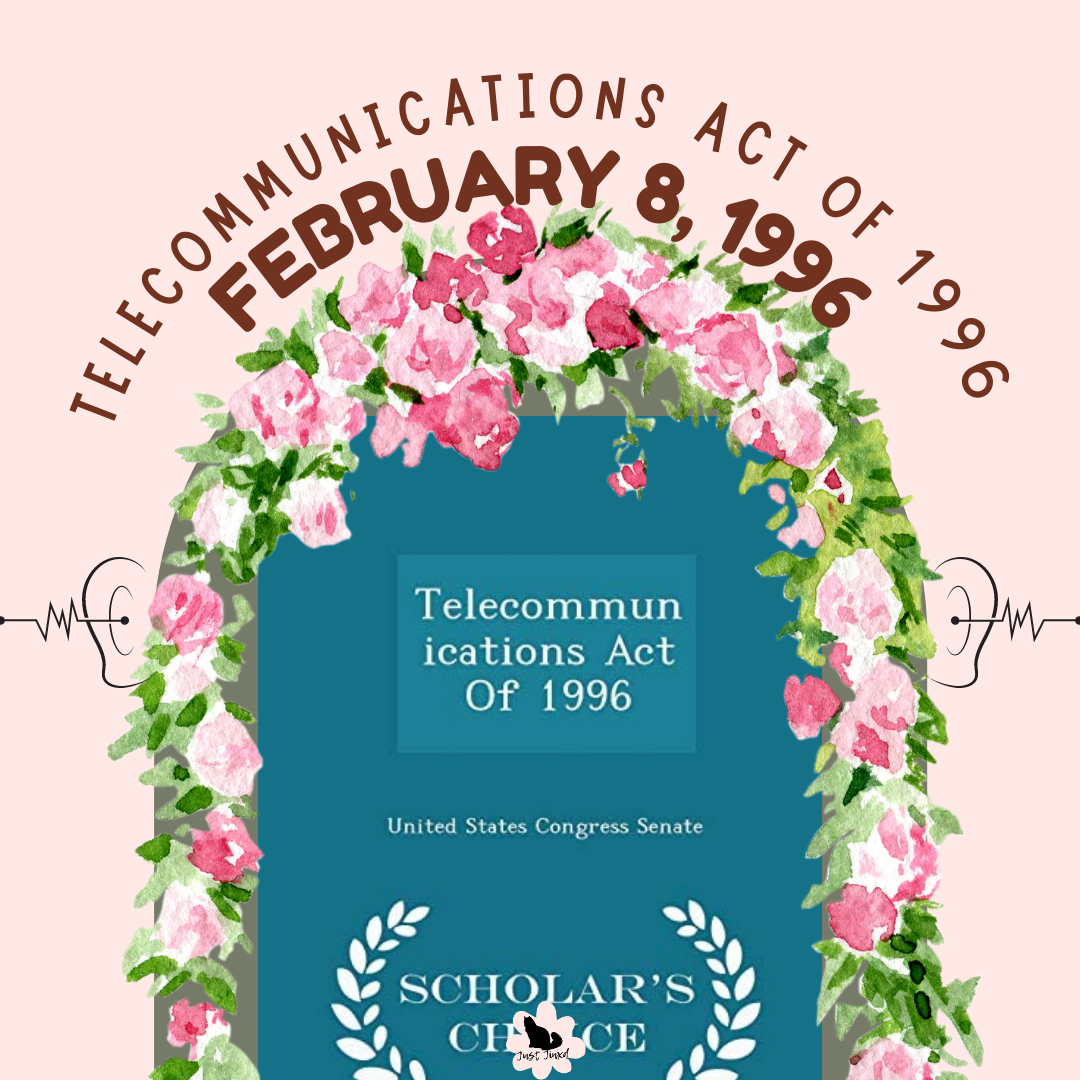
National Deaf History Month 2023: April 9th - Telecommunications Act of 1996
Share
The Telecommunications Act of 1996 is a landmark piece of legislation that fundamentally changed the way telecommunications services were regulated in the United States. The Act was signed into law by President Bill Clinton on February 8, 1996.
The Telecommunications Act of 1996 was designed to promote competition in the telecommunications industry and provide consumers with greater choices in terms of service providers. The Act removed many of the barriers that had previously prevented new companies from entering the market, thereby promoting innovation and technological advancements.
The Act also had important implications for the deaf and hard-of-hearing community. It required all telecommunications companies to provide relay services for individuals who use TTY (teletypewriter) devices to communicate. The Act also established the Telecommunications Relay Service (TRS), which provides a range of relay services for individuals who are deaf, hard of hearing, or have speech disabilities.
The Telecommunications Act of 1996 represented a major shift in telecommunications policy, promoting competition and innovation, and providing greater access to services for all individuals, including those with disabilities. Its legacy continues to shape the telecommunications industry and the lives of individuals who rely on these services every day.



